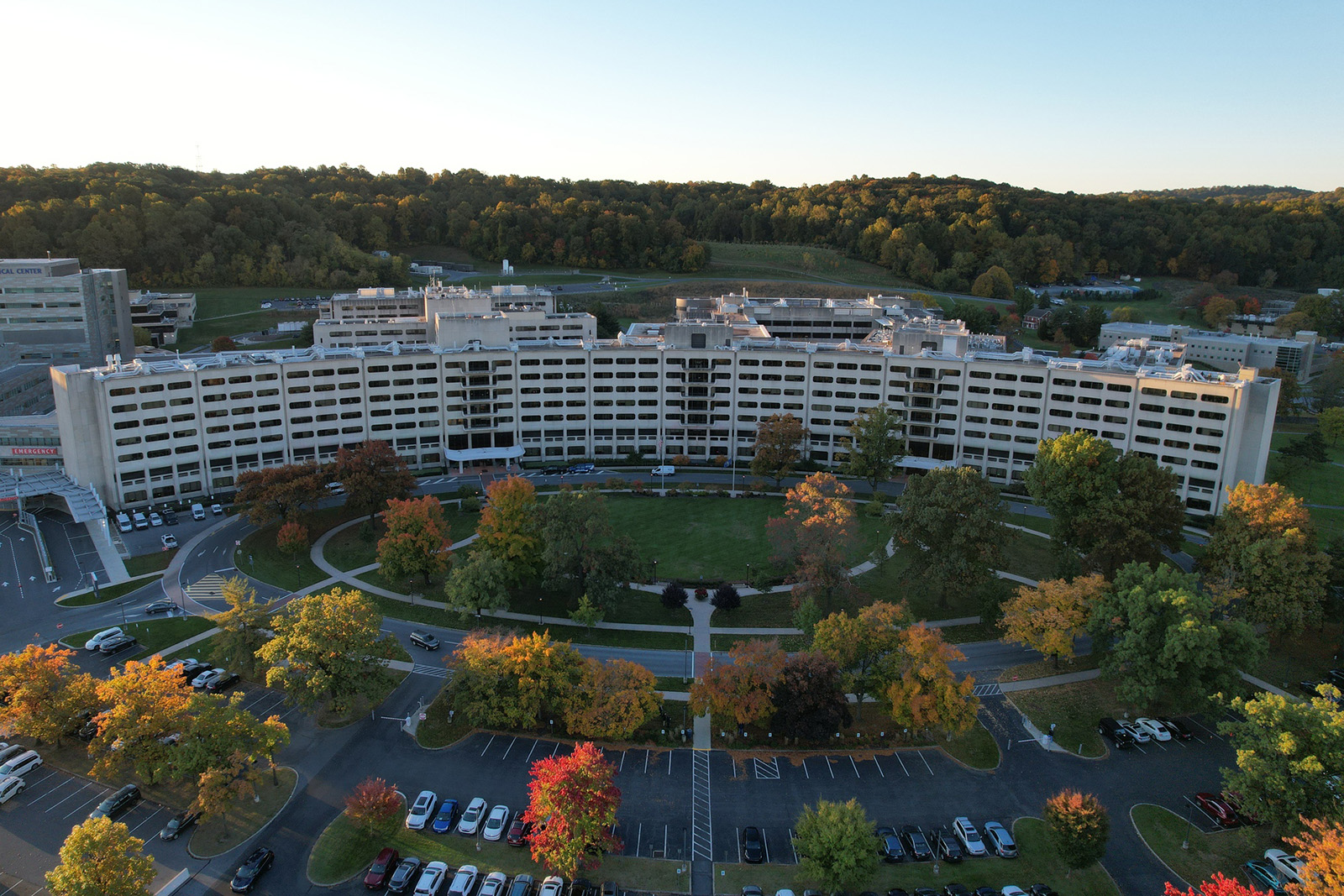College of Medicine receives funding to improve health and prevent chronic disease in central Pennsylvania

Penn State College of Medicine received $1 million from the Centers for Disease Control and Prevention (CDC) for the first year in the five-year Racial and Ethnic Approaches to Community Health (REACH) program. The REACH funding will help the College of Medicine improve health, prevent chronic diseases, and reduce health disparities among Hispanic populations in Dauphin, Lebanon, Berks, and York counties.
“As Pennsylvania’s sole land-grant institution coupled with our wellness mission at the College of Medicine, we are committed to making a difference in the lives of Pennsylvanians and beyond,” said Jennifer Kraschnewski, MD, MPH. “Our Hispanic community experiences significant health disparities, including a disproportionate burden of chronic diseases such as type 2 diabetes and obesity. These disparities have multiple causes and support from this funding will allow us to collaboratively address these systemic issues. We are looking forward to working with our community partners and coalitions to address health disparities and people disadvantaged by the system.”
Heart disease, cancer, diabetes, and stroke are among the most common causes of illness, disability, and death in the United States. They are also leading drivers of the nation’s $4.1 trillion in annual health care costs. These chronic conditions—and the factors that lead to them—are more common or severe for some racial and ethnic groups.
Central Pennsylvania has multiple minority-majority Hispanic cities and rural locations that struggle with health disparities, chronic disease, and access to vaccination education and services. The College of Medicine will work with partners and local coalitions to enhance existing resources, address Pennsylvania’s Hispanic health needs, and reduce health disparities.
“CDC is excited to announce this new REACH funding to 41 communities across 27 states and the District of Columbia,” said Terry O’Toole, PhD, MDiv, program development and evaluation branch chief in CDC’s Division of Nutrition, Physical Activity and Obesity. “With this funding, organizations will plan and carry out local, culturally-appropriate programs to address a wide range of health issues among racial and ethnic minority groups where health gaps remain. REACH intends to improve health where people live, learn, work, and play.”
As one of 41 REACH recipients, the College of Medicine will implement proven public health strategies addressing:
- Healthy food choices easier everywhere—promoting food service and nutrition guidelines, expanding fruit and vegetable voucher incentive and/or produce prescription programs.
- Safe and accessible physical activity—connecting pedestrian, bicycle, or transit transportation networks to everyday destinations.
- Early care and education (ECE) settings—improving nutrition and physical activity and increasing breastfeeding.
- COVID-19, flu, and other routine vaccines—increasing awareness, confidence, demand, and access to routinely recommended adult vaccines, for racial and ethnic groups experiencing disparities in immunization, including uninsured adults.
A complete list of CDC’s REACH recipients and additional information can be found on the REACH website.
If you're having trouble accessing this content, or would like it in another format, please email Penn State Health Marketing & Communications.
